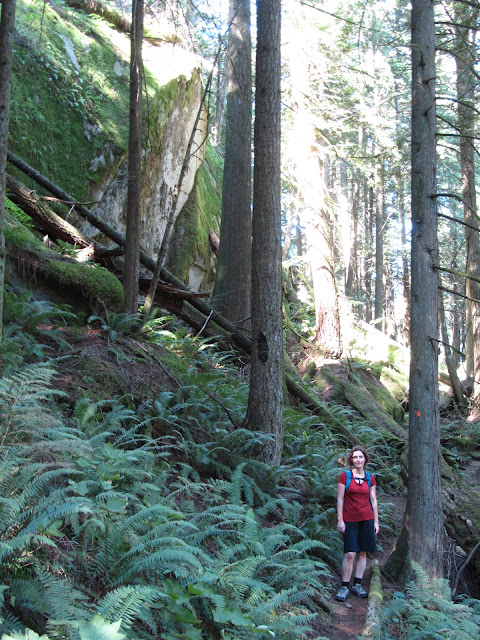WHAT SHIFTS: A CONVERSATION WITH BREN SIMMERS
SUSAN GILLIS: How did you first come to poetry - or poetry to you?
BREN SIMMERS: I grew up in a household of readers. We went to the library once a week and loaded up on books. My dad, d.n. simmers, was a poet and he encouraged me to write. For two hours every weekend, he would shut the door to his office and we knew better than to disturb him. From an early age, I knew that writing meant quiet, reading and muttering to yourself – all things I loved to do. Later, when I moved out, my dad had a book box by the door, his recently read pile. I could take anything I want. Having that kind of unfettered access to books and family support to pursue writing was key to my finding poetry.
SG: One thing I admire in If, When is the way you’ve made time and place almost porous; lives lived a century ago seem as present as those being lived now. In exploring those earlier times and places, what surprised you, what changed you (or, changed for you, in your sense of place and connectedness)?
BS: I like that word, porous. Living in Squamish, surrounded by glaciers and igneous rock older than human history, I started to think about time differently. My life is one brief layer of strata layered on top of the generations who came before. Their decisions affect me, just as my decisions will affect those that come after. While researching my great-grandparent’s history at Britannia Mines, I noticed that for the last century people in this community have asked similar questions: How to make a living? How to protect the places and people we love? I wanted to ask another question: Can we do both?
SG: Another effect of this porosity is that individual experience, wherever and whenever it’s located, feels part of a greater whole. What about the threats to this whole? The poem “Spring Conditions at Best” leans this way in its wish for a reprieve from environmental anxiety. What other threats or tensions do you navigate in the poems?
BS: Living in an intact ecosystem, you see how all the parts contribute to the whole. For example, the fall rains raise the river levels for spawners to return. Bears drag these carcasses into the woods and fertilize the trees and overwintering eagles teach their young to scavenge the fish. The forests and minerals in Howe Sound have long fed families too. Now, tourism is also a big employer. As housing prices rise and more people move to the area, the natural ecosystem is being heavily impacted. The construction of new subdivisions bisects wildlife corridors. The cultural landscape is shifting too. One aspect that I explore in the book is this tension between insider and outsider, the old Squamish and the “new.”
The poem “Spring Conditions at Best” began as a lament about larger ecological issues but in the revision process, I ended up losing that element. The idea that emerged was that we can’t always live in a state of eco-anxiety and extinction grief. I wanted to shift the focus away from what is disappearing and toward what is still here. Instead of mourning, how do we appreciate and protect?
SG: What’s on your immediate horizon, what are you reading/writing/ thinking about these days?
BS: I’ve been thinking a lot about uncertainty and grief. I lost my dad a couple of years ago, and my mother lives in a long-term care home in order to receive the attention that her Alzheimer’s requires. My writing tends to be informed by lived experience, so it makes sense my work would explore these ideas. But learning how to write about these topics without retriggering emotional wounds has been tricky. I’ve had to adapt my writing process to work in shorter stints and take lots of breaks. Right now, I have a draft of the new poetry manuscript taped to my wall, but I’m letting it percolate a bit longer to gain a more distanced perspective. That way I can try to approach it as a reader would, to see what needs shifting, and to open it up from a personal narrative to one that speaks to others' experiences.
During this time, my reading pile has naturally gravitated to the topics of grief, illness, anxiety, and uncertainty. Recent favourites include Obit by Victoria Chang, Music for the Dead and Resurrected by Valzhyna Mort, Hesitating Once to Feel Glory by Maleea Acker, These Precious Days by Anne Patchett, and A Funny Kind of Paradise by Jo Owens.
Bren Simmers's most recent book is If, When. She lives in PEI. Read her poem "Spring Conditions at Best".
